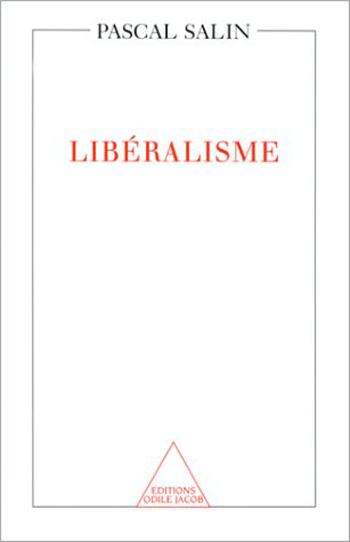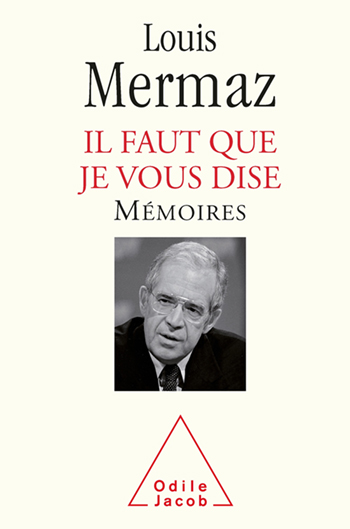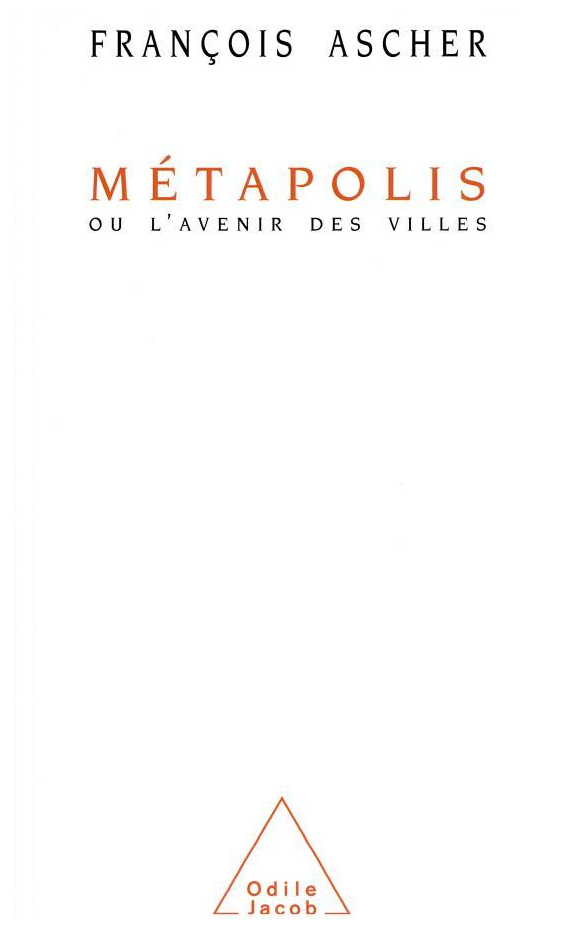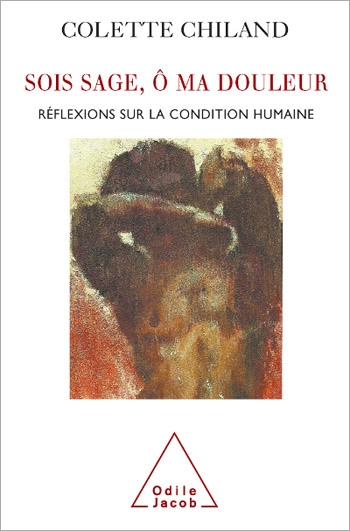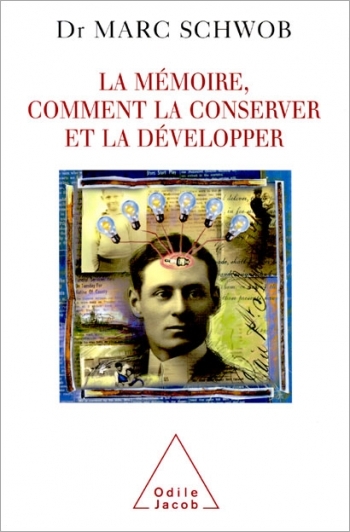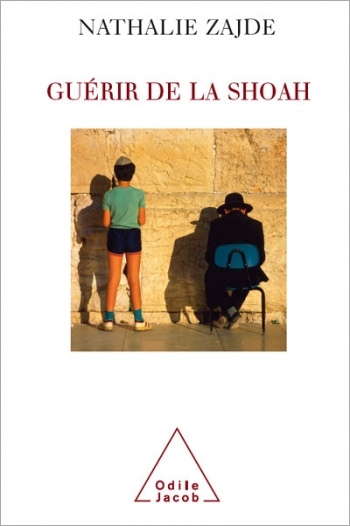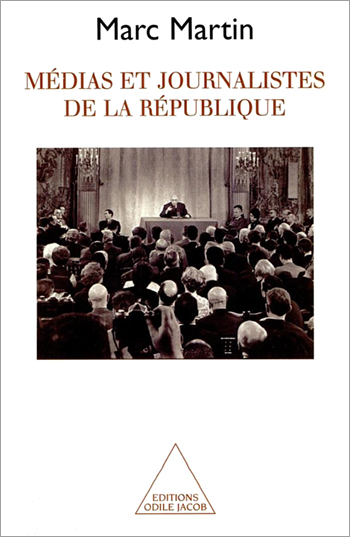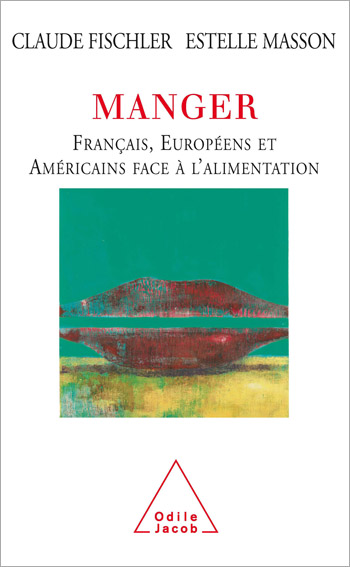Catalog All books

Allen Frances
Saving Normal An Insider’s Revolt Against Out-of-Control Psychiatric Diagnosis, DSM-5, Big Pharma and the Medicalization of Ordinary Life
A scathing indictment of psychiatry’s unchecked medicalization of normality
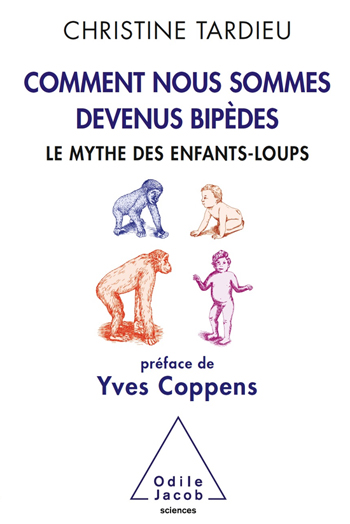
Christine Tardieu
How We Become Bipeds The Wolf-Child Myth
A history of how and why humans are the only mammals that permanently adopted bipedalism.
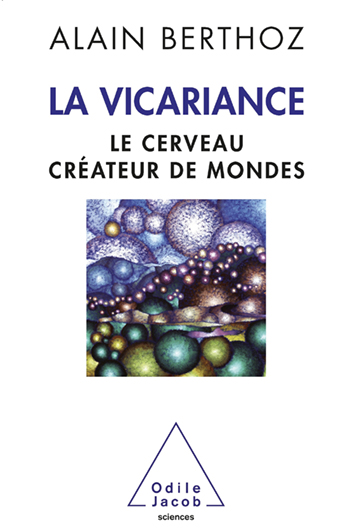
Alain Berthoz
The Vicariance The Brain as Creator of Universes
A new concept, invented by Alain Berthoz, to explain the mechanisms governing human creativity
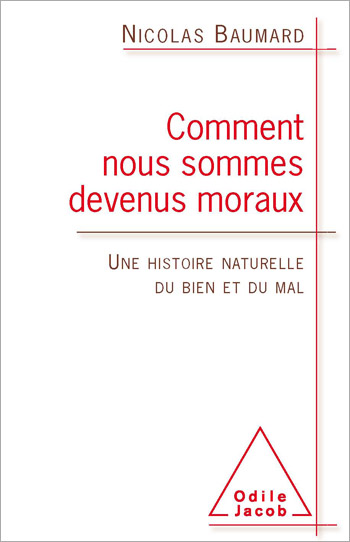
Nicolas Baumard
What Are the Bases of Morality?
Why are we moral? The great classical philosophical theories are examined here in the light of the latest research in the areas of ethology, psychology and the cognitive sciences as they relate to the natural foundations of morality.
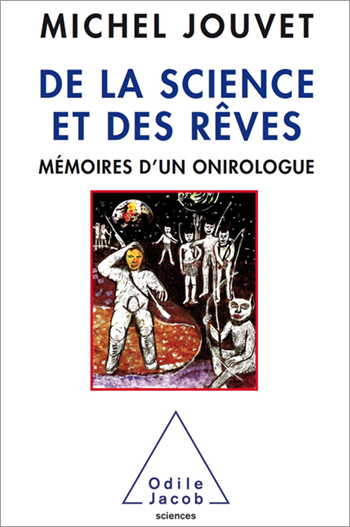
Michel Jouvet
Science and Dreams
The scientist Michel Jouvet recounts his great discoveries and reviews recent research in the science of dreams.
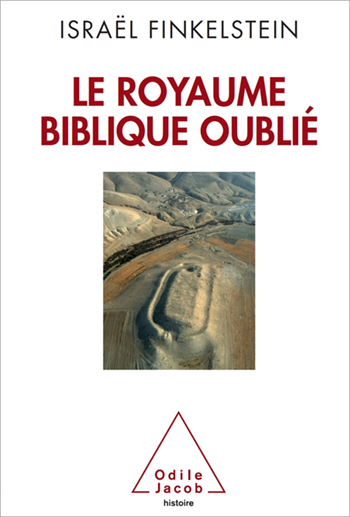
Israël Finkelstein
The Forgotten Biblical Kingdom
One of the world’s greatest archaeologists reveals what the Bible doesn’t tell us.
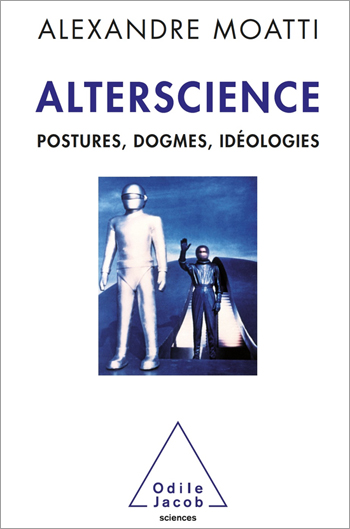
Alexandre Moatti
Alterscience
This much-needed book warns against a type of obscurantism that is spreading alarmingly on the Internet

